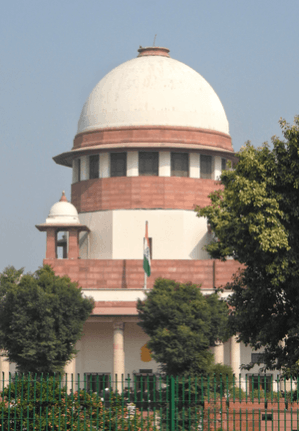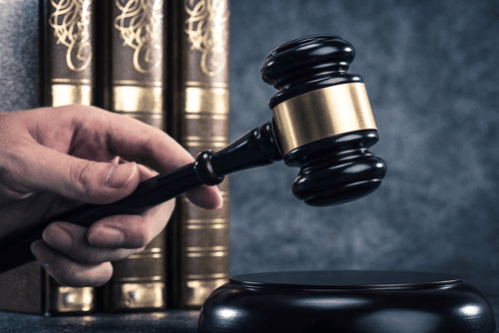
The Supreme Court has reiterated that Light Motor Vehicle (LMV) licence holders do not require any separate endorsement to drive a transport vehicle of the LMV class. This decision, delivered by a five-judge Constitution Bench headed by the Chief Justice of India (CJI), D.Y. Chandrachud, has far-reaching implications for the transport sector and the livelihoods of millions of drivers across the country.
The Bench, which also included Justices Hrishikesh Roy, P.S. Narasimha, Pankaj Mithal, and Manoj Misra, clarified that an individual holding an LMV licence can also drive a transport vehicle if the gross vehicle weight is under 7,500 Kg. This ruling aligns with the Motor Vehicles Act, 1988, and the rules framed thereunder, which specify additional eligibility criteria only for medium/heavy goods and passenger vehicles having a gross weight above 7,500 Kg.
The Bench's decision was part of a reference where the correctness of a three-judge Bench's decision in the Mukund Dewangan judgment was being questioned.

The 2017 Mukund Dewangan judgment had held that the need for a transport licence would arise only in the case of medium/heavy goods and passenger vehicles. It added that no other vehicle would require any separate endorsement, even if they were used for commercial purposes. This meant that a holder of an LMV licence would not require any separate endorsement for commercial usage of LMVs like cars, vans, etc.
Following the 2017 judgment, the Centre issued notifications and brought amendments to the Motor Vehicles Rules to bring them in conformity with the Supreme Court's decision. However, this gave rise to various disputes over payment of claims by insurance companies in accident cases involving transport vehicles being driven by those having licences to drive LMVs. The matter was re-agitated at their instance.
In March 2022, a Bench headed by Justice U.U. Lalit (now retired) held that certain provisions of the Motor Vehicles Act were not noticed by the top court in its 2017 Mukund Dewangan decision and the issue needed to be revisited by a five-judge Constitution Bench.
During the oral hearing, CJI Chandrachud remarked that the issue in question was not merely about interpreting law but involved the social impact of law as well. The Constitution Bench asked the Union government to consider the impact on lakhs of people across the country who are engaged in driving commercial vehicles on the basis of the judgement in the Dewangan case as they would be completely put out of their livelihood. It emphasized that the Union government should review the entirety of the position and then take an appropriate call.
This ruling has been a subject of intense anticipation, with the Supreme Court set to deliver its verdict on whether LMV licence holders require a separate endorsement to drive a transport vehicle of the LMV class. The decision has significant implications for the transport sector and the livelihoods of millions of drivers across the country.
The insurance firms have been alleging that the motor accident claim tribunals (MACTs) and courts have been passing orders asking them to pay insurance claims, disregarding their objections with regard to the LMV driving licence. The courts have been adopting a pro-insured approach while deciding insurance claim disputes.
The top court asked the Centre to wrap up the exercise within two months and apprise it about the decision taken. It had then heard the arguments of senior advocate Siddharth Dave, appearing for one of the petitioners, on alleged anomalies in the Motor Vehicle Act with regard to regimes for dealing with the grant of driving licenses for different categories of vehicles.
(With inputs from IANS)

















